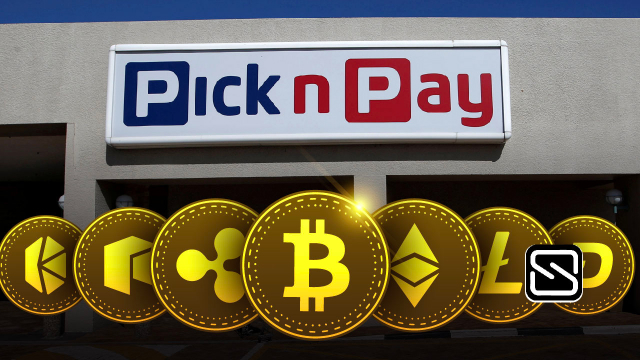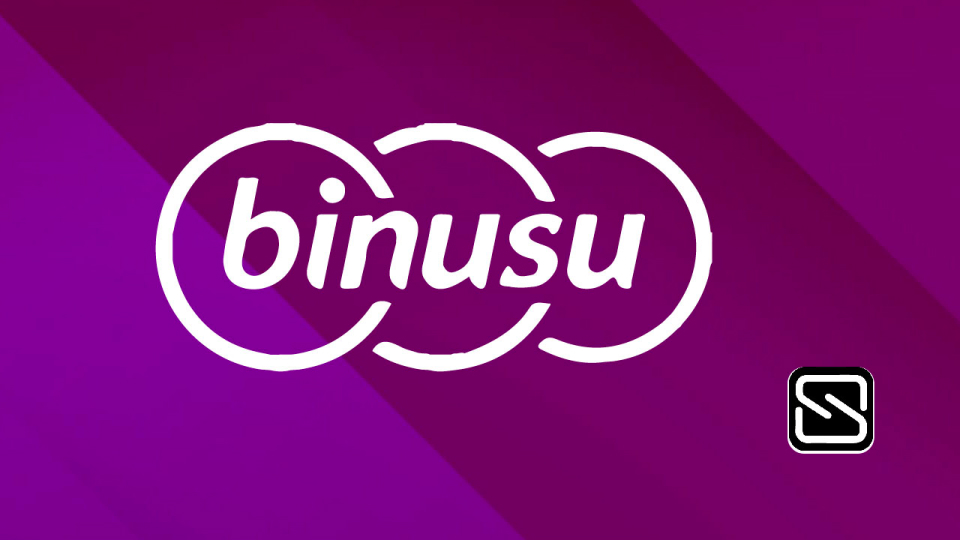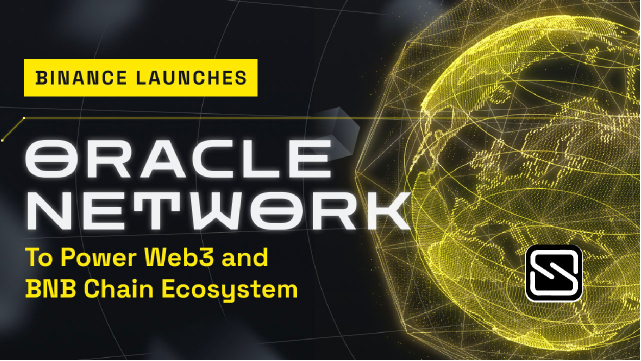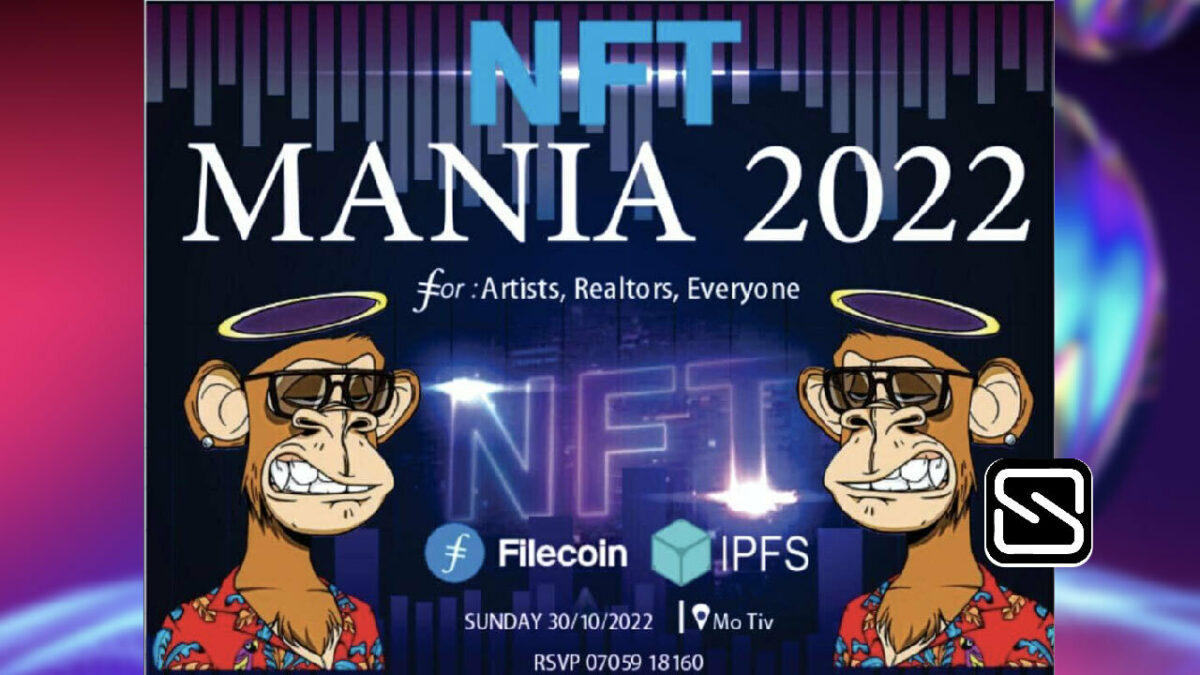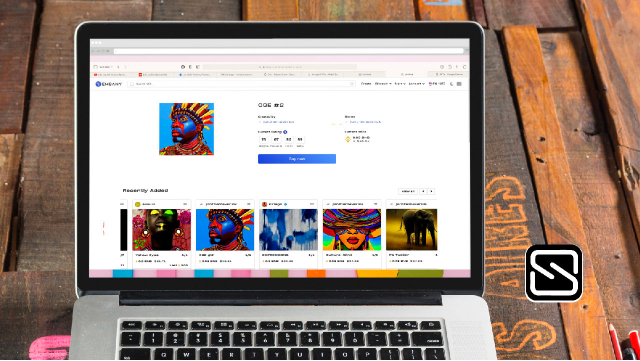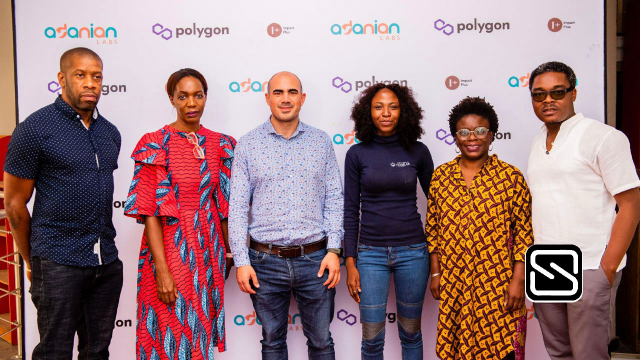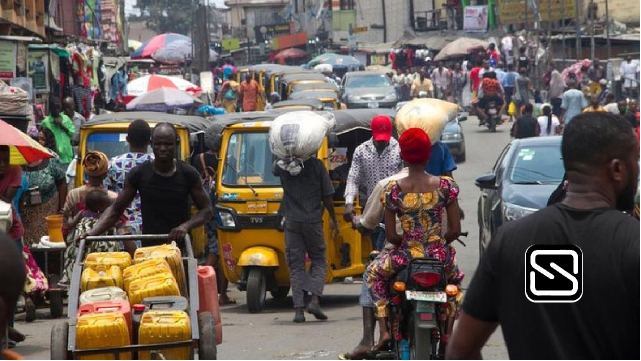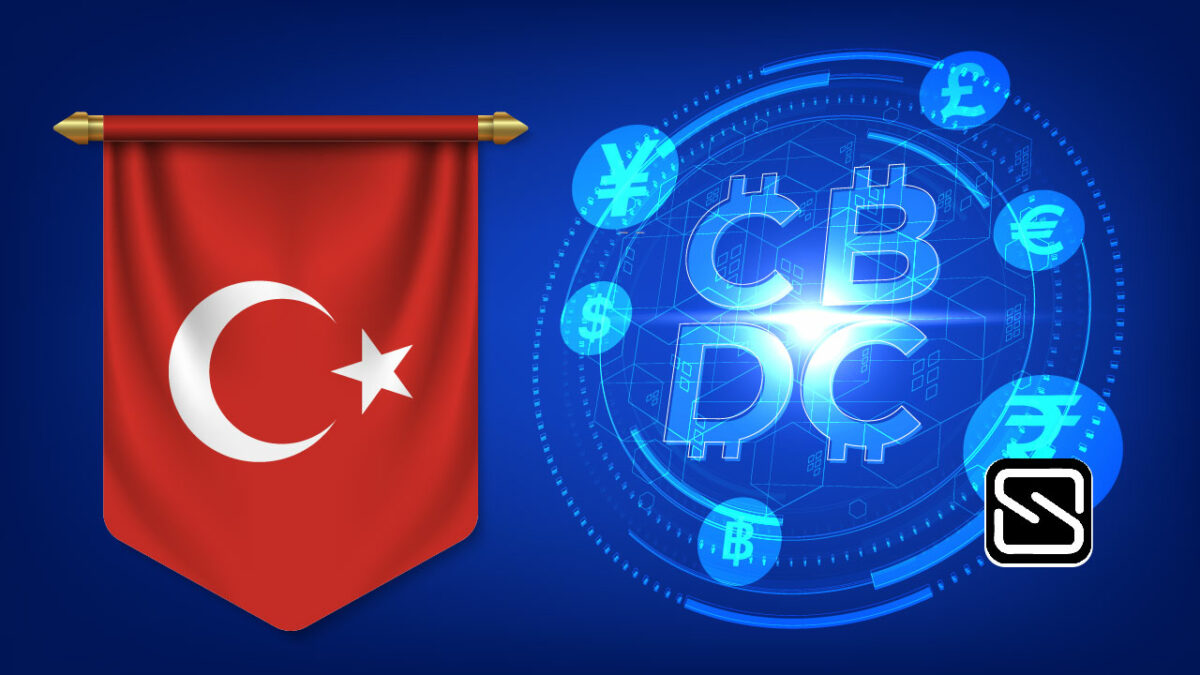Pick n Pay, which is one of South Africa’s largest supermarket chains, has revealed that it is now allowing customers to pay with bitcoin (BTC) using any Lightning Network-enabled app.
The Lightning Network is a layer 2 scaling tool for the Bitcoin blockchain that reduces the time it takes to send a transaction and that is also much cheaper than the main Bitcoin network, making it more appealing to merchants.
According to The South African Sunday Times, the payment option was experimented with for five months in 10 locations before becoming available in 39 retailers nationwide.
Pick n Pay stated that the transactions will be as easy and secure as swiping a debit or credit card. Additionally, customers scan a QR code from the app and accept the rand conversion rate on their smartphone at the time of the transaction. The service fee for each transaction is minimal, costing the customer on average 70c, and taking less than 30 seconds.
Furthermore, Pick n Pay has now extended the pilot to a further 29 stores for testing with customers, with the intention to roll it out to all stores in the coming months.
Some of the Pick n Pay store locations piloting the service include Langeberg Mall, Mosselbay, Sedgefield, Stellenbosch Central, Stellenbosch Square, Paarl Mall, Willowbridge, Local Big Bay, Table Bay Mall, Cavendish, Kenilworth, Kenilworth Campus, Kenilworth Pam Golding, Seapoint, Waterfront, Mall of Africa, Mall of the North, Mall of the South, Menlyn Mall, Nelspruit (Mbombela), PnP on Nicol, Liberty Midlands Mall, The Pavilion, Tshwane Mall, Beacon Bay, Uitenhage (Kariega), Bedfordview, Centurion, Fourways Mall, PnP Qualisave Carlton Centre, PnP Qualisave Diepsloot, PnP, Qualisave Midrand, PnP Qualisave Rustenburg, and PnP Qualisave Commercial Road among others.
According to Pick n pay, while for many years crypto was something for specialists on their computers, or used by early adopters trying it out, things are changing. The Financial Sector Conduct Authority’s recent announcement has paved the way for cryptocurrency to be used as a mainstream method of payment.
Pick n Pay group IT Executive Chris Shortt also commented, “This new technology means we can provide an affordable service for high volume, low-value transactions that will promote financial inclusion in South Africa.”
The grocery chain has also partnered with Electrum and CryptoConvert for its latest pilot. Electrum’s payment platform connects Cryptoconvert and Pick n Pay, letting customers pay with the bitcoin lightning technology at the till point.
